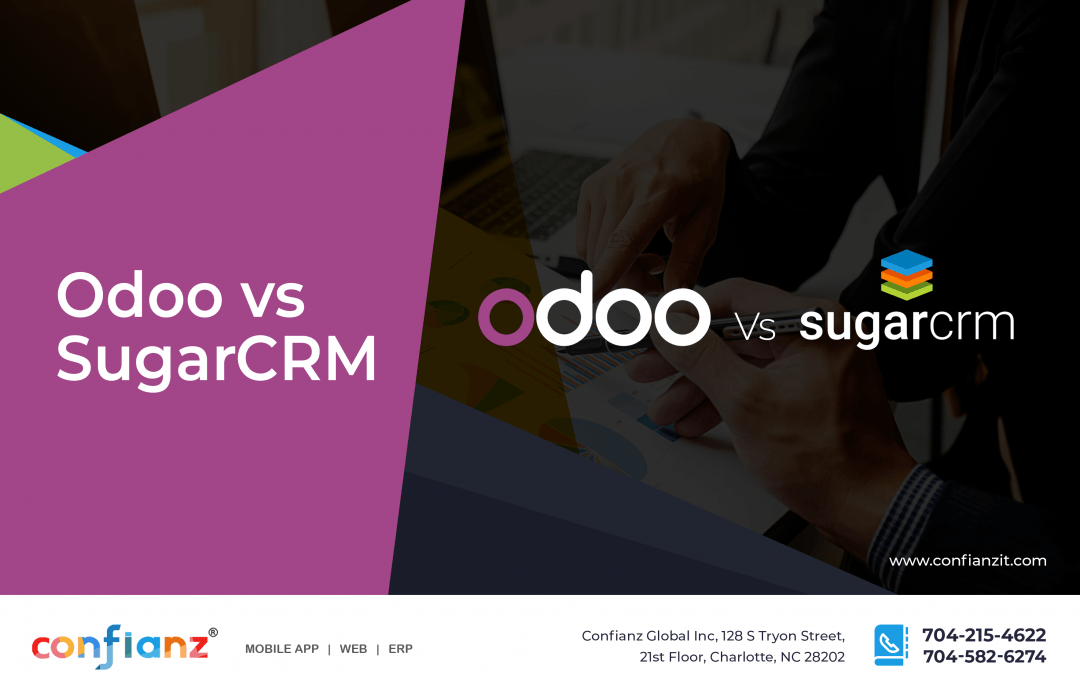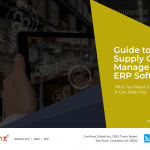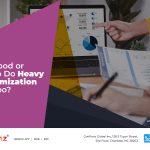Businesses of all sizes and from various industries rely on customer relationship management (CRM) software to manage relationships with existing and prospective customers.
By keeping all customer relationships in one place, CRM systems allow companies to streamline their sales processes while staying connected to their customers and keeping track of potential new customers.
What is CRM?
In general, CRM is a complete system that manages several processes, including prospect contact management, sales management, sales agent productivity, follow-up, forecasting, vendor relationship management, and more.
While CRM systems are most often valued by sales teams, they can be helpful for other areas of the company as well. For example, marketing, digital commerce, recruiting, and customer service teams can all benefit from the tools a CRM system provides so they can perform their jobs in ways that deliver the best results to their customers.
The main benefit of using a CRM system is to have one dashboard that offers a full view of your company. In addition, having every team use the same CRM ensures continuity across departments. At the same time, using a CRM system can reduce administrative costs, and you can allocate those dollars to other aspects of your business.
Note that CRM is not the same as enterprise resource planning (ERP) software. CRM is dedicated to customer relationship management across multiple departments, while ERP is more focused on streamlining a business’s financial and operational processes.
Choosing a CRM System
To stay ahead of your competitors, you need to have a powerful tool that will give you quick access to all the information you need to make essential business decisions.
That’s why it’s critical to do your homework before choosing a CRM. The right CRM system will boost your entire team’s productivity and positively impact daily operations. But, more importantly, it will allow you to focus entirely on your customers’ needs so you can continue providing them with an exceptional experience that keeps them coming back.
Understanding SugarCRM
SugarCRM started as free, open-source software in 2004. However, in 2014, the company moved away from an open-source model and is now available commercially. Currently, the company has over 1.5 million users in 120 countries.
What types of companies use SugarCRM?
Companies of all sizes can use SugarCRM, thanks to their flexible options. They have solutions for fast-growing small businesses as well as larger enterprises.
Most businesses will fit into one of the categories of companies SugarCRM lists as their specialties. These include manufacturing, consulting/business services, software development, technology, insurance, financial services, private equity, public sector, commercial banking, capital markets, wealth management, telecom, staffing and recruiting, and credit unions.
How much does SugarCRM cost?
There is not a free option now that SugarCRM has gotten rid of its open-source model. However, they have different tiers for different business structures.
Small businesses can get started for as low as $52 per month for three users. Prices go up to $1,000 per month for larger companies that need additional features and unlimited user access.
What are SugarCRM’s features?
SugarCRM is customizable, and some features will vary depending on a business’s industry. Here are some features that are standard across the board:
- Customer management
- Relationship management
- Relationship analytics
- Marketing automation
- AI-powered predictive analytics
- Sales forecasting
How do I access SugarCRM?
You can use SugarCRM from your desktop or mobile device. In addition, you can choose from cloud or on-premise solutions.
How is SugarCRM hosted?
SugarCloud is engineered inside Amazon Web Services (AWS), and deployment can be completed in a matter of days. SugarCRM Enterprise is on-premise. It’s built using industry-standard technologies that include PHP, JavaScript, REST, and HTML5.
Understanding Odoo
As an ERP software, Odoo has a CRM option available, making it simple to integrate all of your business operations and processes into a single platform.
Odoo was released in 2005 (shortly after SugarCRM) as OpenERP. It launched as open-source software and remains that way today. You can get Odoo in two different versions depending on your needs.
Odoo Community is entirely free and is the core of what Odoo Enterprise is built on. Companies can start with Odoo Community to get a feel for the software and determine if it fits their needs before upgrading to Odoo Enterprise. Or, they can choose to stay with Odoo Community and never pay for their open-source software.
What types of companies use Odoo?
With an impressive 7 million users, Odoo is one of the most ubiquitous software companies out there. It can be used by companies of all sizes and in all industries.
They have apps designed to help businesses in manufacturing, business services, technology, software, public sector, education, e-commerce, and more.
Odoo Community is completely free but has fewer features than Odoo Enterprise, which has varied costs depending on the modules you use. However, each core feature has a separate fee, so you only pay for what you need.
What are Odoo’s features?
Because it is open-source software, Odoo benefits from having developers add new modules all the time. Therefore, it would be impossible to list every single feature available. Some of the more popular features include:
- CRM
- Project management
- Point of sale (PoS)
- Accounting
- Sales management
- Inventory and warehouse management
How do I access Odoo?
Both Odoo Community and Odoo Enterprise are available on desktop and the web. In addition, Odoo Enterprise is also available on Apple and Android mobile devices using apps.
How is Odoo hosted?
You can choose from on-premise hosting, cloud hosting, or Odoo.sh. Cloud hosting is somewhat limited because you can only access standard modules. Odoo.sh gives you options to access third-party modules.
Should You Choose Odoo or SugarCRM?
If you only want a CRM solution, then you may be better off with SugarCRM, which only has features for managing customer relationships. However, if you want a full-service solution that will give you access to CRM and ERP software in one convenient location, you may want to choose Odoo.
If you’re still undecided or want to learn more about implementing Odoo into your business, let’s talk! Confianz is an Odoo certified partner. We can help you decide if Odoo is right for your business, then work on a plan for customizing it and implementing it into your organization with minimal disruption and downtime.
Do you want to implement Odoo in your company as per your requirements?
Contact us today to get started.
Other ERP Comparison:
- Odoo vs Microsoft Dynamics
- Odoo vs NetSuite
- Odoo Community vs Odoo Enterprise
- Odoo vs SAP
- Odoo vs Sage
- Odoo vs ERPNext
- Odoo vs Zoho CRM
- Odoo vs Salesforce
- Odoo vs Xero







